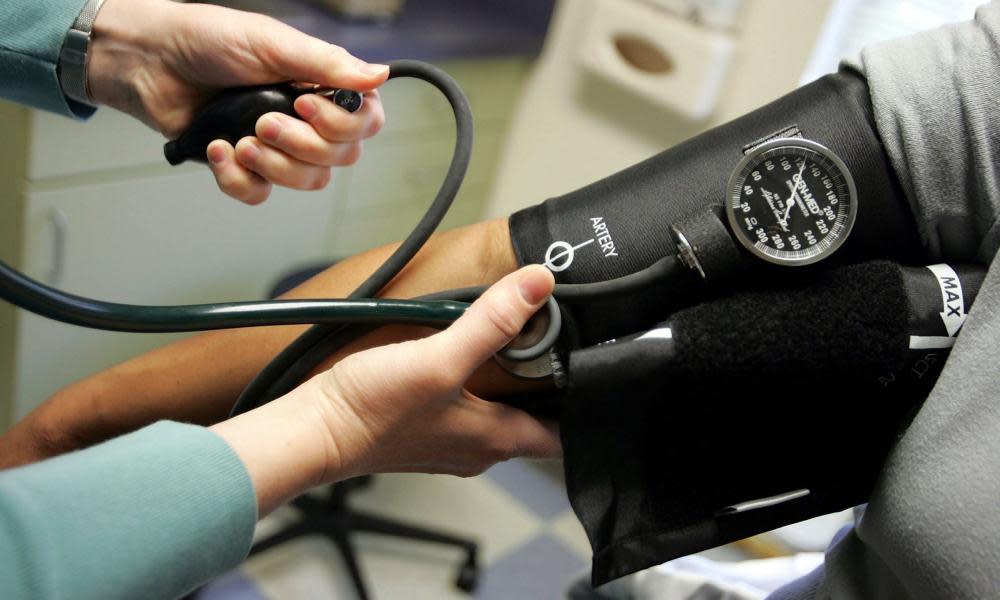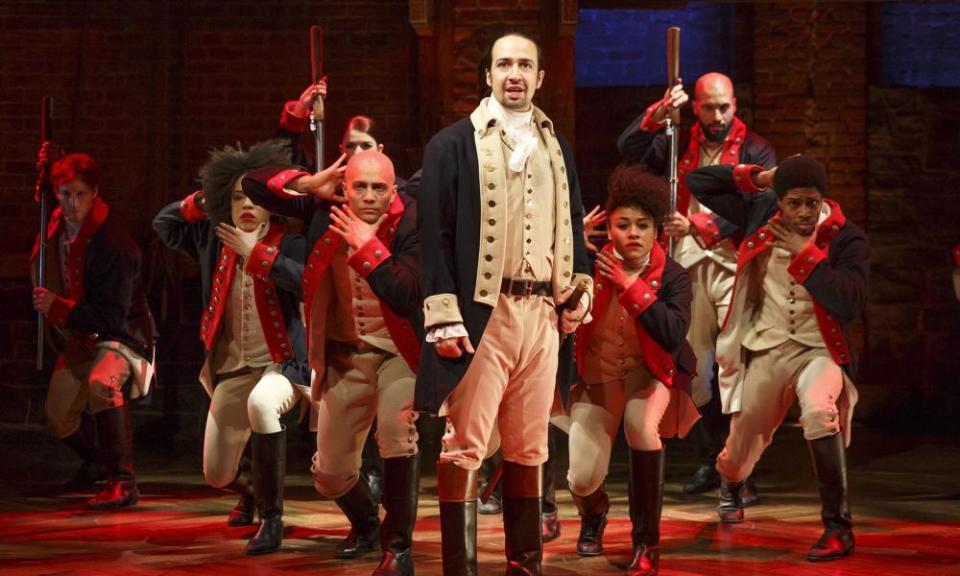An insurance policy underwritten by God? No thanks | Emma Brockes

This Friday is the deadline for purchasing 2018 health insurance in the US, after which the uninsured will be subject to penalty. Last week I wrote about the terrible “choices” on offer, and – sorry to bang on – after a few more days spent investigating the options, I am still trying to figure out how any of this can be legal.
On one site, along with filters determining age, gender and pre-existing conditions, a drop-down menu asks potential customers to identify, on a scale of one to five, what “overall quality rating” they would like in their healthcare, a hideous parody of choice that seems designed to add insult to injury. Rubbish, please; I’d like rubbish-quality healthcare because I’m too feckless to aspire any higher.
Maternity coverage in many policies is capped at $5,000, which will barely get you through your first trimester in New York. There are policies on offer that dangle cheaper premiums as long as claimants promise not to get cancer for the first 12 months of coverage. In others, there is the option to take cancer off the table entirely, for a slight drop in premiums. I think this opt-out is the most shocking detail of all, asking people to take tremendous risks – why go to a check-up, when you can’t afford to get ill? – and in the event of a serious diagnosis, all but guaranteeing bankruptcy.
I got briefly excited that I had found a loophole in the system with something called “healthcare sharing”, a “membership” service that on first glance seemed to avoid some of the pitfalls of the rest of the marketplace. Then I got to the small print: “As a religious organisation, members are required to agree with the organisation’s Statement of Beliefs [including] we believe that our personal rights and liberties originate from God and are bestowed on us by God.” Hmmm.
The term “faith-based insurance plans” made me nervous, and that’s before I got to the part explaining that policy holders didn’t pay premiums, but rather made “love offerings” that weren’t subject to state regulation.
Eventually, I rang a broker. He read me a list of unappetising options and, when I started to rant, said wearily: “There’s no point getting mad about it; this is just the way it is.” Later, I ran into my neighbour in the hall. “So I’m looking at an $800-a-month policy with a $5,000-per-person excess,” I said miserably. She looked surprised. “Wow,” she said, “that’s a really good deal.”
Alabama on my mind

So the bottom of the barrel has finally been found: you can beat a Republican in Trump country as long he’s a suspected child molester. That the defeat of Roy Moore in Alabama’s Senate race has been cause for such elation this week is a depressing measure of how bad everything else is, although the New York Times optimistically predicted the beginning of a turnaround.
Meanwhile voting analysts tried to figure out which part of the electorate can now safely be ignored. Was this the end of the “white working class” as a demographic power bloc, and the rise of black women, whose turnout almost certainly enabled Moore’s defeat (a staggering 98% of black female voters supported Doug Jones, the Democratic candidate, giving him a higher share of the vote than Obama won in either of his two presidential elections)? Or did the fact that 63% of white women and 72% of white men backed Moore promise us another Trump term in the White House?
Gaga for Hamilton

At a batmitzvah this weekend, the 13-year-old girls on the dancefloor went crazy for Lady Gaga and Taylor Swift, but the song they really lost their minds to was the title track from Hamilton.
Thirty kids in early adolescence jumping up and down, baring their orthodontics at each other and screaming at the tops of their lungs: “How does a bastard, orphan, son of a whore / And a Scotsman, dropped in the middle of a forgotten / Spot in the Caribbean by providence impoverished / In squalor, grow up to be a hero and a scholar?”
Out of the window, the New York skyline twinkled under snow. America still has its moments.
• Emma Brockes is a Guardian journalist

 Yahoo News
Yahoo News 
